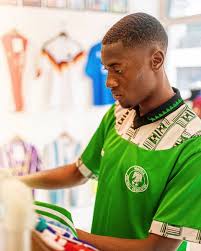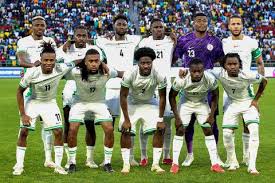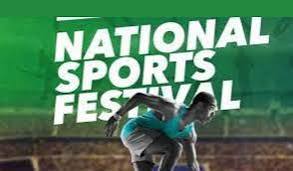The Community Sports and Educational Development Initiative (CSED) is beaming with pride as four female netball players, who were part of its pioneering “Sporting Coders” programme, have secured admission into top Nigerian universities. The students, who were part of a cohort of 21 participants from the Tare Pet Montessori Group of Schools in Yenagoa, Bayelsa State, successfully combined netball training with introductory coding lessons during a 12-week pilot programme.
The groundbreaking initiative, which merges sports development with digital literacy, was conceptualised and powered by the CSED Initiative and implemented by netball coaches Funsho Ekundayo and Victoria Allison Ayebaifie, alongside IT instructor Humphrey Okonkwo Nnaemeka. The project was case-managed by Catherine Sasuode, who oversaw coordination throughout its execution.
According to CSED, the success of the pilot phase owes much to the visionary support and financial investment in IT infrastructure by the school’s proprietor, Mrs. Victoria Ebimenere Mologe. Her commitment provided the technological foundation necessary to equip the students with both physical and digital skills.
The four students who have now gained university admissions are Victory Woyengipreye Gesiye, who will study Medicine at Afe Babalola University; Wisdom Alaere Nathan, admitted to Niger Delta University to study Political Science; Chloe Woyengidoubara Gesiye, also heading to Afe Babalola University for Pharmacy; and Victory Peremoboerei Wenibowei, who will pursue a degree in Microbiology at Rivers State University.
Speaking on the achievement, CSED trustee and former Super Eagles midfielder, Edema Fuludu, described the students as worthy ambassadors of the netball community. “These young ladies have proven themselves not only as champions on the netball court but also as academic trailblazers. They embody the spirit of what netball can represent in Nigeria—a vehicle for education, discipline, and community engagement,” he told journalists.
Fuludu further disclosed that the Sporting Coders programme will soon be expanded to other parts of the country. However, he noted that the initiative is capital-intensive and often constrained by infrastructure challenges such as inconsistent electricity supply, limited access to IT teachers, and the availability of computers.
Despite these hurdles, Fuludu announced that, through a strategic partnership with the Francis and Fidelia Ibhawoh Foundation, the next phase of the Sporting Coders programme will be launched at St. Maria Goretti Girls Grammar School in Benin City before the end of the year. He added that the UNN Secondary School in Nsukka is also being considered for implementation.
As part of CSED’s broader commitment to supporting vulnerable and underserved communities, plans are underway to extend the programme to internally displaced persons (IDPs) in Uhogua, Benin City, as well as Cameroonian refugees and their host communities in Ogoja, Cross River State. Fuludu, however, emphasized the need for collaboration with key stakeholders such as the management of the Uhogua IDP camp, the State Emergency Management Agency (SEMA), UNHCR in Ogoja, and local sport committees to ensure inclusive planning and successful outcomes.
The CSED Initiative, through the Sporting Coders programme, continues to break new ground in Nigeria by linking sports and digital literacy, empowering young people—especially girls—with the tools to thrive both in sports and in the classroom.







